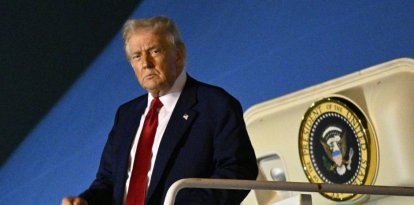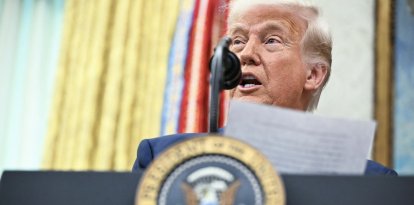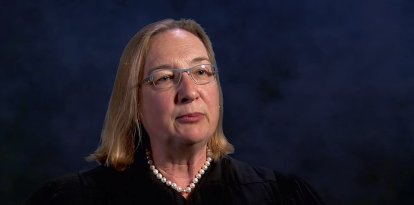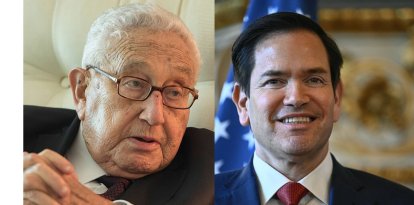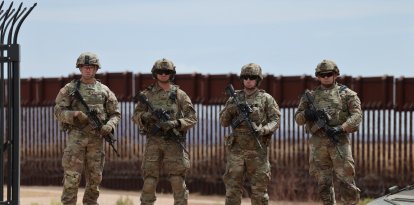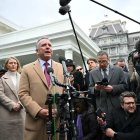Trump decides to reinstate some foreign aid programs
The Department of State spokeswoman clarified that some cuts were not initially planned; however, a decision has been made to reverse them.
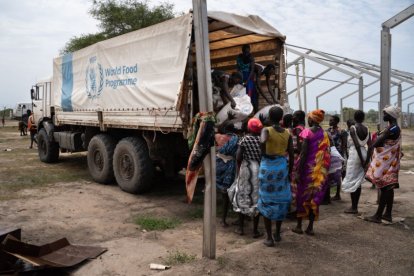
Women unload sacks from a World Food Program (WFP) truck.
The Trump administration announced that it will reinstate several foreign aid programs that were mistakenly eliminated. At a press conference, Department of State spokeswoman Tammy Bruce explained that some cuts in foreign countries were not originally planned. However, a decision has been made to reverse them and reactivate the affected programs.
"There were a few programs that were cut in other countries," Bruce told reporters a few hours after the United Nations World Food Program (WFP) issued a warning about the risk of famine in conflict-ravaged areas due to the White House's suspension of food assistance.
Impact on WFP and U.S. support
The United States was the largest funder of the WFP in 2024, providing $4.5 billion of the $9.8 billion the organization received last year. However, the administration significantly reduced its support for key programs.

Politics
Trump Administration officially shuts down USAID and transfers its functions to the State Department
Agustina Blanco
WFP concerns and the administration's response
WFP expressed its concerns in a recent post on the social media platform X, where it warned that cutting off funding for emergency food assistance in 14 countries could have devastating consequences. "This could amount to a death sentence for millions of people facing extreme hunger and starvation," the organization said.
During the press briefing, Bruce acknowledged that some food aid cuts were implemented due to fears about the possible diversion of funds to terrorist groups. "The largest group of World Food Programme awards terminated were in Yemen and Afghanistan through an executive order that was issued based on concern that the funding was benefiting terrorist groups," Bruce explained, alluding to an executive order that suspended funding in those regions because of the presence of groups such as the Houthis in Yemen and the Taliban in Afghanistan.
Internal changes and DOGE's influence
These cuts are part of a broader restructuring driven by the Department of Government Efficiency (DOGE). In March, Jeremy Lewin, a DOGE member, took on a key role at USAID as the person responsible for restructuring the agency's funded programs.
According to an internal email obtained by Reuters, Lewin asked staff to reverse the cancellations of food aid programs, taking responsibility for the confusion generated. "There are a lot of stakeholders, and we need to do better about balancing these competing interests — that’s my fault and I take responsibility," Lewin wrote in the message.
USAID cuts
RECOMMENDATION
